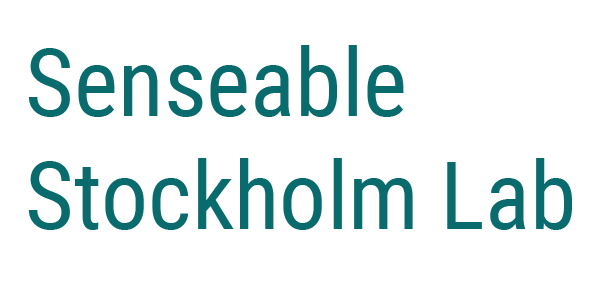Ethics
The development and implementation of AI applications for Stockholms Stad will actualize a range of ethical issues and value conflicts. Identifying and addressing them in a responsible and sustainable way (socially as well as environmentally) is necessary for the successful development of the smart city.
In addition to a commitment to academic excellence the project will be stakeholder informed and have a focus on practical relevance. The two parts complement each other and give the project a good balance between theoretical and empirical a combination which, plausibly, generates applicable and useful results.
A key output would be concrete advice on how the relevant ethical issues can be addressed, to raise awareness and educate relevant decision-makers. We will pay particular attention to cases which do not directly involve sensitive personal data (as classified by GDPR) but still raise trust issues (e.g. mobility profiles). In order to promote responsible and sustainable decision-making we will work with methods such as ethical toolbox (e.g. Ethical matrix and Convergence seminars), inventory / check lists and Value sensitive design workshops.
While ethical analysis and knowledge creation lies at the heart of this project we are also committed to the promotion of a social dialogue between the general public and specialists on these issues. Indeed, one of the foremost responsibilities of scholars in applied ethics is to help bridging the gap between on the one hand, science and technology and, on the other, society at large. The planning of our future built environment needs to take into consideration not only demographics and environmental aspects but also the changes in the norms which form the base of our everyday life. Arguably then, it is all the more important to initiate an inclusive discussion that runs in parallel and in close connection with the development of technology, design, planning and construction. Applied ethics can be used to identify and explain the value conflicts, and help to create the type of broad discussion which could increase knowledge, facilitate citizen influence and promote social sustainability in this area.
Publications
Fröding, B., & Peterson, M. (2020). Friendly AI. Ethics and Information Technology.



